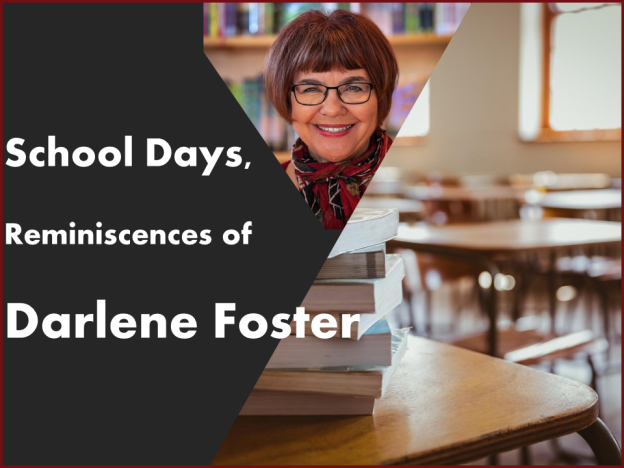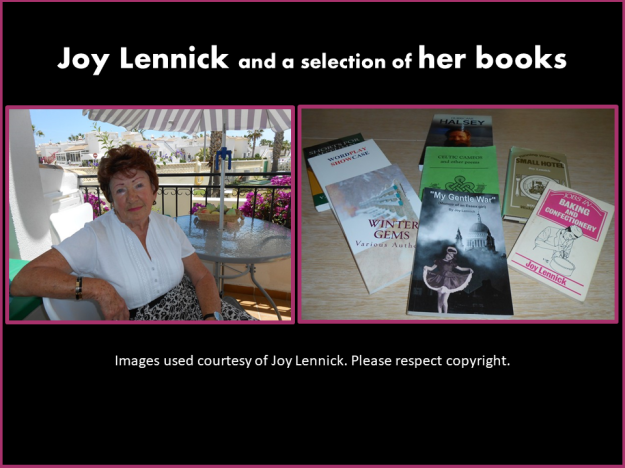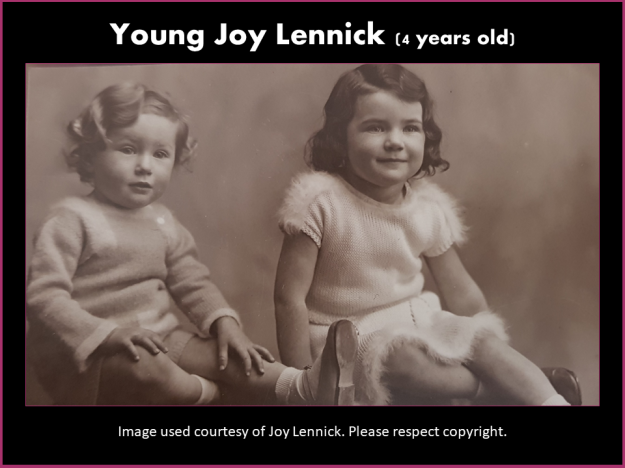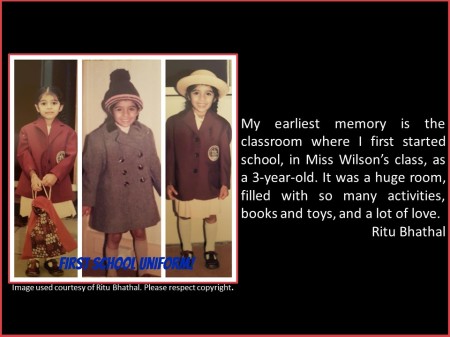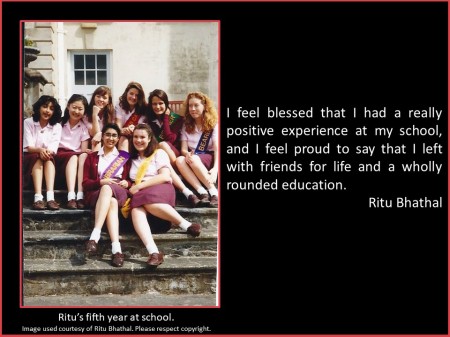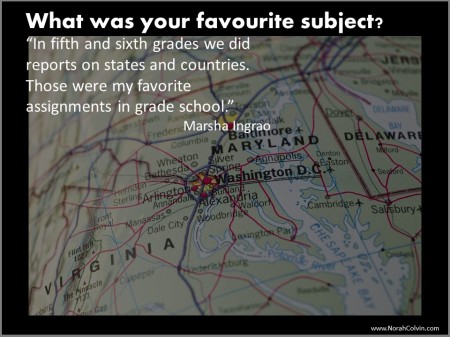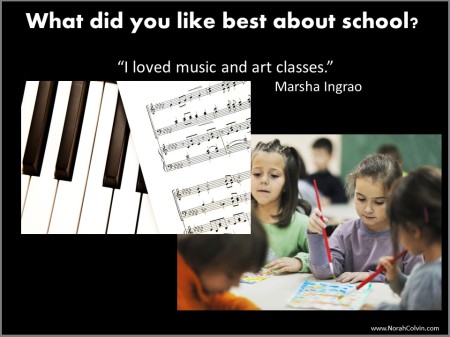Welcome to the School Days, Reminiscences series in which my champion bloggers and authors share reminiscences of their school days. It’s my small way of thanking them for their support and of letting you know about their services and publications.
This week, I am pleased to introduce Darlene Foster, world traveller and writer of travel adventure books for children and adventurers of all ages. Darlene joined in the conversations about school days from the beginning and was keen to share her own reminiscences with you.
Before we begin the interview, I’ll allow Darlene to tell you a little of herself:
Growing up on a ranch near Medicine Hat, Alberta, Darlene Foster dreamt of writing, travelling the world, and meeting interesting people. She also believed in making her dreams come true. It’s no surprise she’s now the award-winning author of Amanda Travels, a children’s adventure series featuring a spunky twelve-year-old who loves to travel to unique places. Readers of all ages enjoy following Amanda as she unravels one mystery after another. When not travelling herself, Darlene divides her time between the west coast of Canada and the Costa Blanca, Spain with her husband and entertaining dog, Dot.
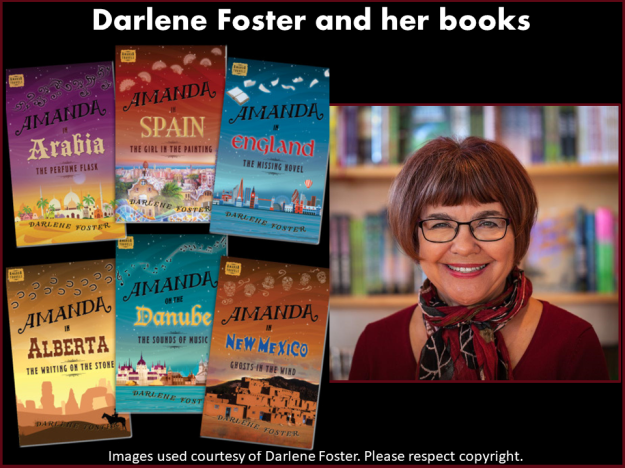
Welcome, Darlene.
Let’s talk school. First, could you tell us where you attended school?
Until grade 4, I attended a small rural school in the Canadian prairies, Hilda, Alberta, in which one teacher taught two grades. Then we moved to another rural community, Irvine, Alberta, where I attended a much larger school with separate grades including high school for the rest of my school days.
Did you attend a government, private or independent school?
These were government schools, which we call public schools in Canada.
What is the highest level of education you achieved?
I left school in Grade 11 so did not graduate with my classmates. I did however complete high school via correspondence. I took many college courses over the years and when I turned fifty, I graduated from the University of Saskatchewan with a Diploma in Teaching English as a Second Language, via distant learning. I also acquired a number of Certificates in Human Resource Management and Job Search Facilitation. I believe in lifelong learning and will continue taking courses for the rest of my life.
What work or profession did you choose after school and was there anything in school that influenced this choice?
I worked in retail management, recruitment, employment counselling and as an ESL Teacher, all as a result of courses I have taken. I have also taken many writing courses over the years, including university-level courses, which have been very beneficial to me now as a writer.

What is your earliest memory of school?
I remember the first day I walked into the classroom. I thought I was in heaven, all those books and so much to learn. I was like a sponge, thirsty for knowledge. I loved school from before I even started and could easily have been a professional student. Even now when I walk into a classroom for an author presentation, I get that same feeling of awe.
What memories do you have of learning to read?
I could read a bit before I started school. I recall my dad reading the comics, which we called the funny papers, in the weekly newspaper with me. That may have been how I started to read. I loved the Dick and Jane readers at school and being able to read a story on my own was so exciting.
What memories do you have of learning to write?
I recall that being able to print was great but when I learned cursive writing, I was delighted. My writing was very neat and tidy for the first couple of years and I even won prizes for it. Then I started to write stories of my own and my writing couldn’t keep up with my thoughts and ideas. It soon became very messy, but I just had to get it all down on paper. It is totally unreadable now. Thank heaven for computers.
What do you remember about math classes?
Math classes were OK but not my favourite. I always had to work harder on math but still got good marks. I do recall enjoying algebra though, while everyone else hated it. Proof that I am a letters person, not a numbers person.
What was your favourite subject?
It was a tie between English Literature, Social Studies and Drama.

What did you like best about school?
Learning new things and the teachers. My grade three teacher, in particular, was amazing. She taught us about other countries by getting us involved. When we learned about Mexico she gave us Spanish names, cooked Mexican food for us and brought in colourful serapes and sombreros for us to wear. She instilled in me the desire to travel and see the world. She also encouraged me to write my stories down. I will be forever grateful to her.
I was an odd child and actually enjoyed taking tests. When we moved, the school season had already started by two months and I had started grade 5 at the old school. I was so excited about going to what I considered a much more modern school. It was a day the class was taking a provincial pre-packaged test and there wasn’t a package for me. I was devastated that I couldn’t take the test and actually cried. The other students thought I was crazy as they would have happily given up doing the test.

What did you like least about school?
Physical Training. I was never good at sports and was always the last to be picked for a team. I came up with all kinds of excuses not to participate and was often sick on P.T. day. And those awful bloomers we had to wear! One wise teacher gave me the job of being the scorekeeper, which I enjoyed.
How do you think schools have changed since your school days?
Since it has been a long time since I went to school, they have obviously changed, a lot. They have changed since my own kids went to school. The biggest change is the use of technology of course. I love those whiteboards that act as a computer screen. They are like magic. There is much more positive reinforcement and focus on diversity and individuality today. I like the fact that school is less formal and more relaxed. We couldn’t even wear pants (trousers) to school and had to wear skirts even on -40C days. Now they even have pyjama days!
What do you think schools (in general) do well?
As a writer, I often visit schools to do readings and I am very impressed with schools today. The students are so eager to learn and proud of their accomplishments. There seems to be an emphasis on reading and creative activities which is so good to see. Children respond to learning if it is fun and there is no reason for it not to be. Personally, I would love to be a student in today’s schools.

How do you think schools could be improved?
I do think teachers are often overworked. It is a demanding job and one in which you have to be on all the time. Many get burned out which is too bad as it is often the most dedicated that do. Perhaps hiring more assistants or having smaller classes would help. It is such an important job as these kids are our future.

Thank you for sharing your reminiscences of school and thoughts about education in general, Darlene. It’s a pleasure to have you here. I especially love that you are excited about learning and particularly being a life-long learner. I enjoyed reading your positive views about schools today.
Find out more about Darlene Foster
On her website: http://www.darlenefoster.ca/
On her blog: https://darlenefoster.wordpress.com/
Or her Amazon author page: https://www.amazon.com/Darlene-Foster/e/B003XGQPHA/
Goodreads: https://www.goodreads.com/author/show/3156908.Darlene_Foster
Connect with Darlene on social media
Facebook: https://www.facebook.com/DarleneFosterWriter/
Twitter: https://twitter.com/supermegawoman
Instagram: https://www.instagram.com/darlene6490/

Purchase your own copies of Darlene’s books from Amazon.
If you missed previous reminiscences, check them out here:
Look for future interviews in this series to be posted on Sunday evenings AEST.
Coming soon:
Pete Springer
with more to follow.
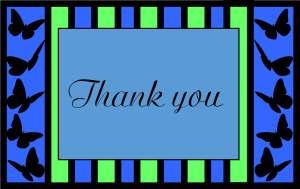
Thank you for reading. I appreciate your comments. Please share your thoughts.

